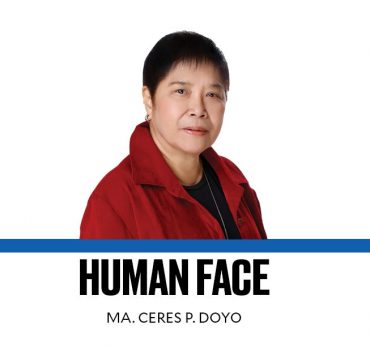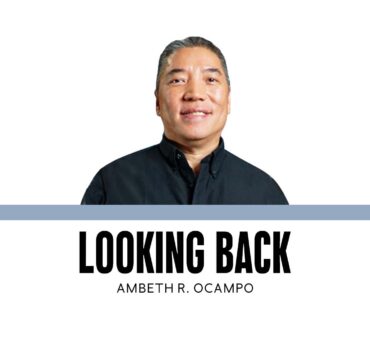A liberating general education program

The recent push to remove Art Appreciation, Ethics, and The Contemporary World from the country’s college curricula signals a dangerous drift toward a labor- and employment-centric model of education. It sacrifices critical thinking, creativity, and civic awareness for perceived economic efficiency.
Article II, Section 17 of the 1987 Philippine Constitution states that education shall foster patriotism and nationalism, accelerate social progress, and promote total human liberation and development. The Commission on Higher Education Memorandum Order No. 20, Series of 2013 meanwhile states that the primary goals of general education (GE) are to produce graduates with a humanistic orientation, strong analytical and problem-solving skills, awareness of ethical and social implications, and the capacity to live meaningfully in a complex, rapidly changing, and globalized world.
Ultimately, higher education is not only about gaining expertise in a specific field but also about shaping well-rounded individuals who possess a broad appreciation of knowledge, open-mindedness, an understanding of their identity as Filipinos, and a deep awareness of their role in society. This is achieved through holistic development that fosters adaptability, creativity, and problem-solving skills.
The proposal to excise the GE subjects since they are already covered in Grades 7 to 12 comes from the Department of Education (DepEd) based on the Second Congressional Commission on Education (EdCom II) report that Philippine college programs overemphasize general education courses while lacking practical training like internships. This imbalance, described as “GE-heavy, internship-light,” stems from the excessive GE units, which surpass international norms. EdCom II recommended shifting some GE subjects to the senior high school (SHS) level to reduce redundancy and academic load in college.
But the proposed decongestion may undermine the future of liberal arts education at the tertiary level. It also raises concerns about the retrenchment of faculty members in higher education, as well as questions about faculty competence in the SHS level—particularly in their ability to teach subjects that are conceptually broad, highly technical, and theoretical. Such tertiary-level subjects demand not only technological and pedagogical competence but also require a strong foundational content knowledge.
National Artist for Literature Bienvenido Lumbera once argued that the root problem of the Philippine education system lies in its neoliberal orientation, which promotes privatization and deregulation, making it increasingly difficult for families to access quality education for their children. Within this framework, education is treated as a market commodity, and schools function as businesses that operate according to market demands. This orientation instills in students the belief that education is primarily a means for personal advancement and global competitiveness, rather than a tool for national development.
Such an approach reinforces colonial mentality and individualistic ideologies, ultimately diminishing nationalist consciousness among the youth and students. It also fosters uncritical and blind obedience, as it conditions students to become passive servants who follow orders without question. This system discourages critical thinking, especially when education is reduced to a profit-driven enterprise rather than a tool for emancipation and national development.
In “Mathematics and the Liberal Arts,” Fidel R. Nemenzo underscored the enduring value of general education at the University of the Philippines (UP), as rooted in the liberal arts tradition. Drawing from the American model, he emphasized GE’s role in shaping well-rounded individuals with critical thinking skills, interdisciplinary understanding, and a strong social conscience. At UP, the GE program fosters critical analysis, ethical discernment, and a deep sense of nationhood.
Art Appreciation provides the necessary space to pause, reflect, and engage one’s creative faculties. It encourages students to see the world differently through artistic expression and fosters mindfulness and aesthetic awareness. In a society fraught with personal and social challenges, Ethics equips students with the capacity for informed, principled, and reflective decision-making amid complex moral dilemmas. The subject Contemporary World enables learners to examine current issues through theoretical, personal, and social perspectives as they navigate the world as global citizens.
To remove these subjects in the GE program is to rob our youth of the chance to think deeply, act ethically, and see beauty in a complex world. It is imperative to retain them as they are essential in fulfilling the aims of a liberal arts education—particularly in shaping well-rounded individuals through holistic intellectual, moral, and civic development. Doing so enables a restructured education that is truly transformative, empowering, and liberating.
—————-
Joseph D. Ramiscal is a faculty member at the University of Makati where he teaches general education (GE) courses in Social Sciences, Philosophy, and Humanities.

















